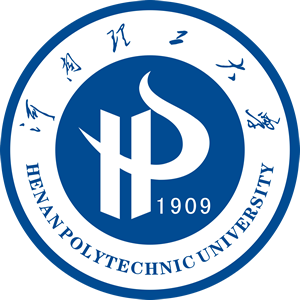
地址: 河南省焦作市高新区世纪路2001号[454000] Tel: 0391-3987069 E-mail: zkxb@hpu.edu.cn,skxb@hpu.edu.cn |

请您访问
|

社会科学版
|
| 供稿: 王晓俊 | 时间: 2018-12-19 | 次数: |
作者:王晓俊
作者单位:河南工程学院外语学院
摘要:以英汉文本为素材,分析了英汉主语的差异主要体现在:汉语主语缺省的频率远远高于英语,其缺省主要表现在语境省略、流水型省略、模糊型省略和句法空位;英语比汉语更多地使用无灵主语;汉语无灵主语的使用受到其谓词的制约,汉语的无灵主语一般与无灵谓词搭配;无灵主语使用主要是实现修辞和客观的效果。因此,复杂多样化的汉语主语选择更为自由,话题较为突显;而英语中谓语动词的形式则取决于施事的主语。
基金:河南省高等学校青年骨干教师资助计划项目(2009GGJS-126);
DOI:10.16698/j.hpu(social.sciences).1673-9779.2014.01.014
分类号:H315.9
Abstract:This paper makes a comparative analysis of differences of subjects in English and Chinese translation, which mainly manifest in the following 4 aspects: subject ellipses in Chinese are used more frequently than in English ( including contextual ellipses, water-flowing ellipses, fuzzy ellipses and syntactic empty categories) ; inanimate subjects are used more frequently in English than in Chinese; inanimate subjects in Chinese are restricted by the predicates and generally collocated with inanimate predicates; inanimate subjects are mainly implemented to be rhetoric and objective. For these reasons, complex and diverse subjects in Chinese, which is regarded as a topic-prominent language, are chosen much more freely; while the form of predicate verbs in English depends on the subject of the doer.